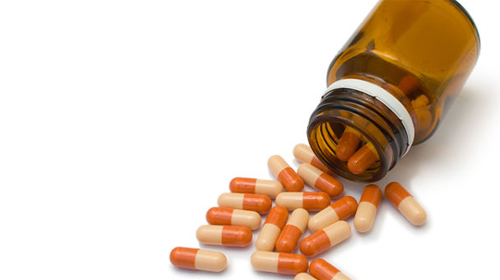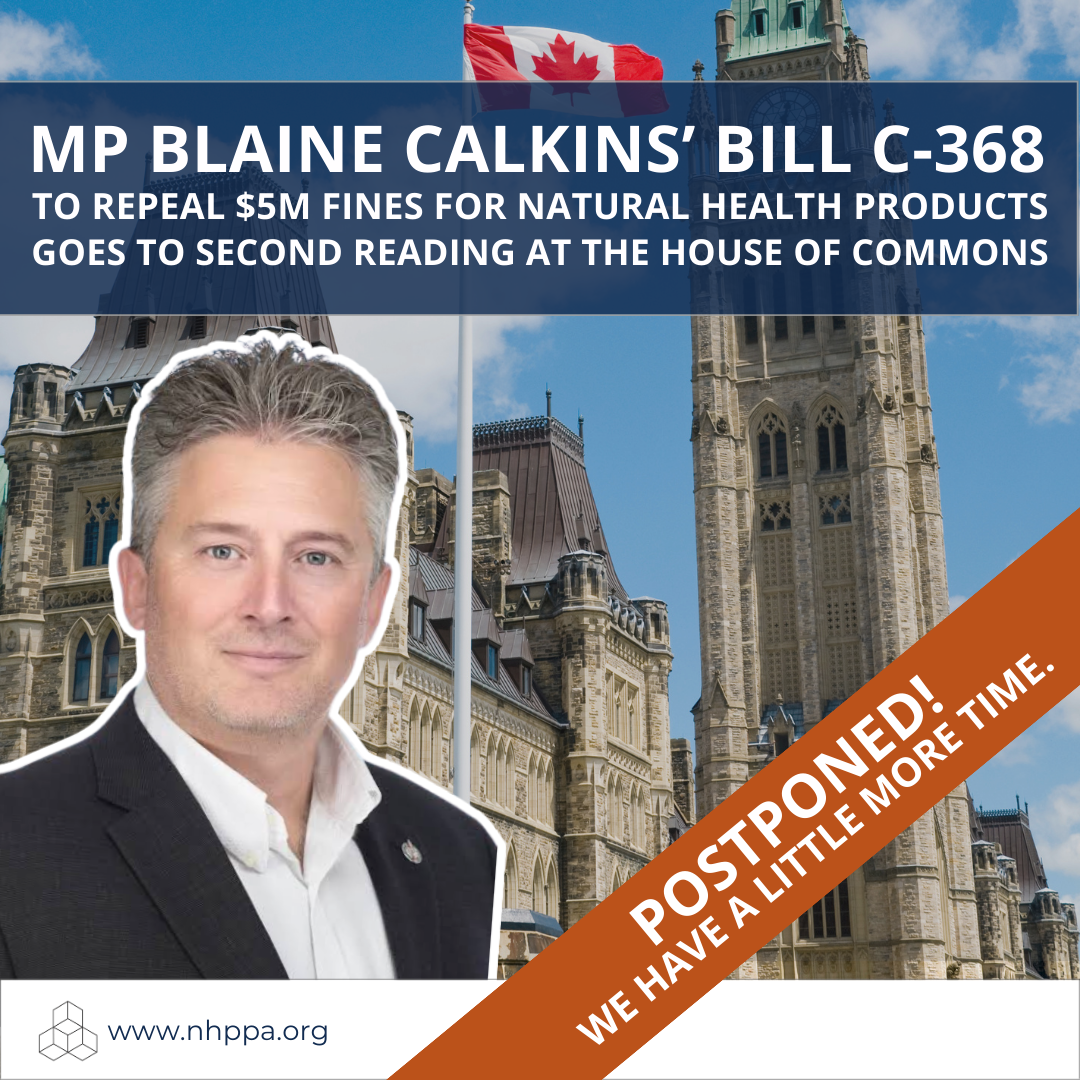In this July 4, 2017 article (2 minute read) “Natural Health Products: What You Don’t Know Can Hurt You”, published in the Pincher Creek Echo, Dr. Lena Derie-Gillespie writes, “The Oxford definition of a “drug” is a medicine or other substance which has a physiological effect when introduced into the body. Therefore, natural health products are and always will be drugs.” If it was that cut and dry, food, alcohol, coffee, and even water, would be classified as a drug. Derie-Gillespie further writes that natural health products (NHPs) are potentially dangerous because “NHPs are not subjected to nearly the same scrutiny” as drugs in their approval processes with Health Canada.
In 2010 NHPPA began an Access to Information Request to have Health Canada respond to a number of questions including;
“8. If there are documents showing death(s) caused by natural health products as requested in item 7, all documents showing for each death, if any;
9. Copies of all adverse reaction reports for natural health products, from Confederation in 1867, until the date this requests is processed;”
Health Canada reported back to Shawn Buckley that “there were no records”.
It makes little sense for low risk natural substances (aside from “dog poop” as Derie-Gillespie’s degenerates, to draw a comparison to NHPs) to require the same level of scrutiny as drugs, many of which are beyond potentially dangerous and well-known as toxic. Pharmaceuticals cause severe adverse reactions and deaths every year. All of the science in this highly regulated and monitored industry does not change that risks are high, consistent and expected. Derie-Gillespie seems to be waving the danger flag about the wrong industry. What is acceptable risk? Should doctors, drug companies and those approving pharmaceuticals at Health Canada be accountable for the deaths?
Derie-Gillespie is right. 73% of Canadians use NHPs. And it’s a good thing they do.
Related articles:





